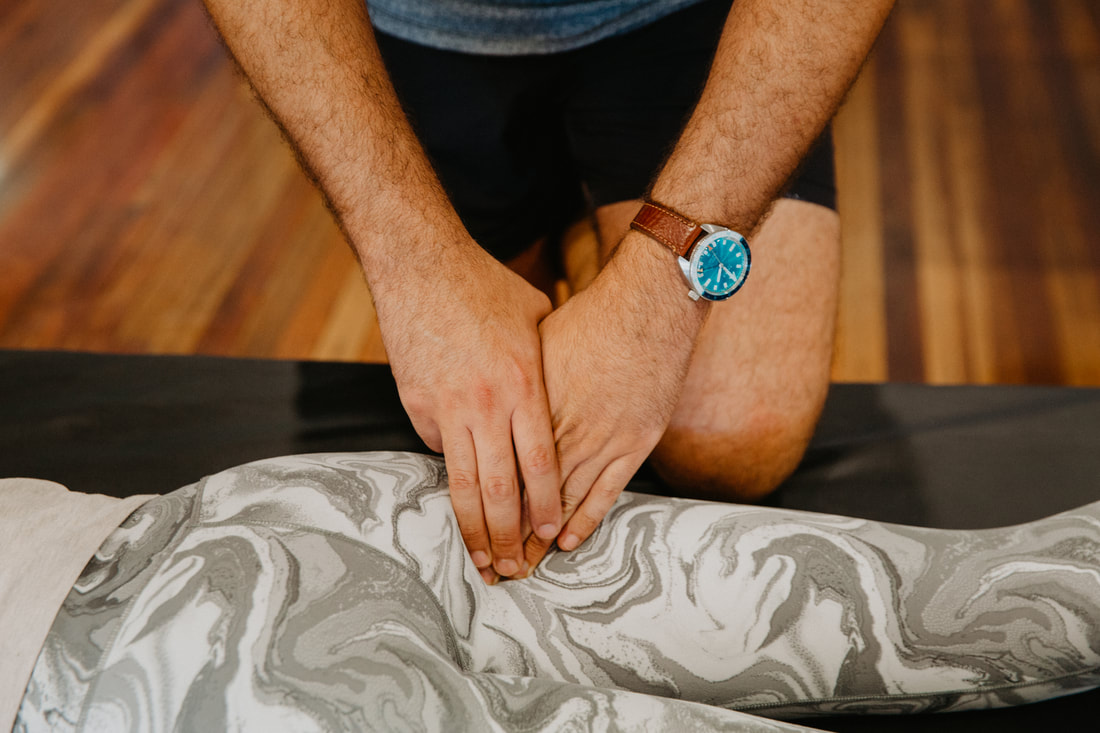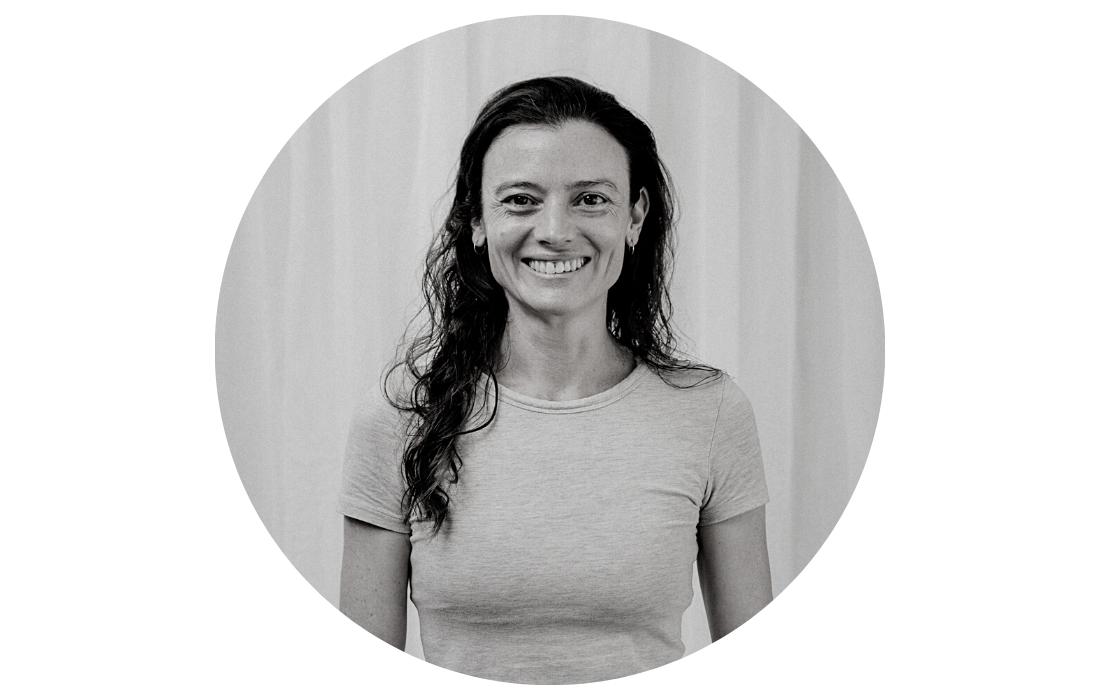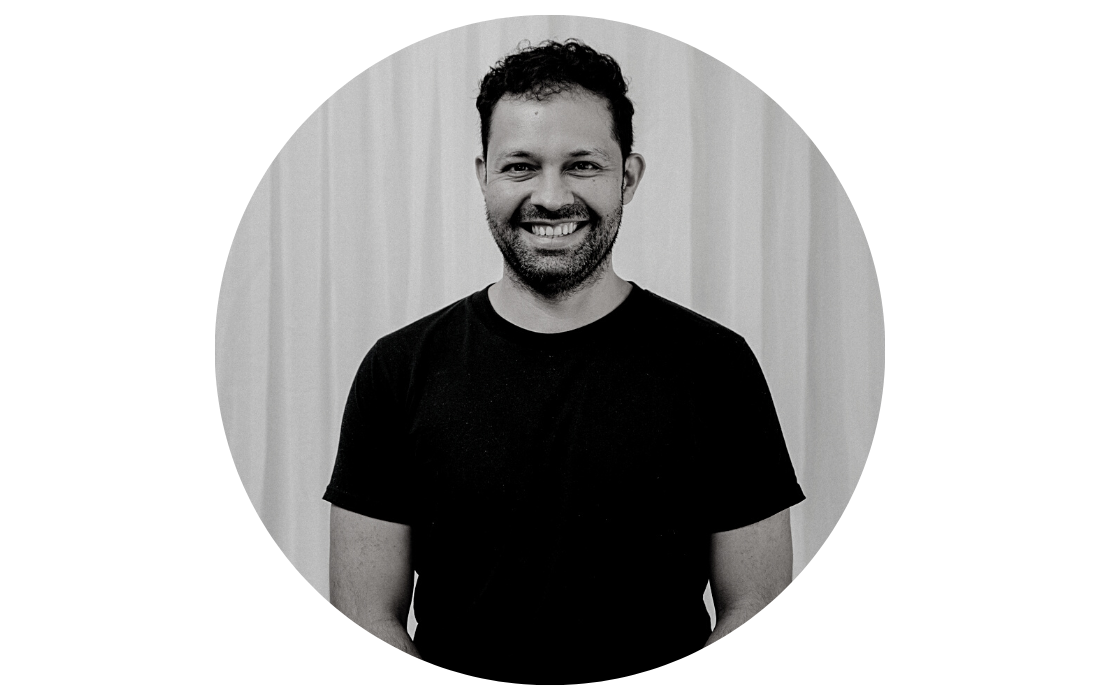Gluteal tendinopathy physiotherapy Brisbane.
What is Gluteal Tendinopathy?
Gluteal tendinopathy is a condition characterised by pain and tenderness over the lateral (outer) aspect of the hip. It is caused by damage or degeneration of the tendons that attach the gluteal muscles to the hip bone. This condition is most common in middle-aged women, but can affect anyone who puts excessive strain on these tendons, such as athletes or those who perform repetitive movements involving the hip.
How is a Gluteal Tendinopathy diagnosed?
A diagnosis of gluteal tendinopathy is typically made based on a patient's medical history, physical examination, and imaging studies such as ultrasound or MRI. The physical examination may include tests to assess strength, flexibility, and alignment of the hip and lower limb.
How can physiotherapy help after a Gluteal Tendinopathy diagnosis?
Physiotherapy can help manage the pain and symptoms of gluteal tendinopathy. Treatment may include exercises to strengthen the muscles around the hip, improve flexibility, and correct any alignment issues. Soft tissue techniques, such as massage or dry needling, may also be used to help reduce pain and improve mobility.
How can clinical Pilates help with a Gluteal Tendinopathy?Clinical Pilates is a form of exercise that focuses on core stability, posture, and control of movement. It can be a useful adjunct to physiotherapy for patients with gluteal tendinopathy, as it can help improve strength and control of the hip and lower limb muscles. Clinical Pilates exercises can also be modified to avoid exacerbating symptoms, making it a safe and effective way to manage this condition.
Other treatments for Gluteal Tendinopathy
Other treatments for gluteal tendinopathy may include non-steroidal anti-inflammatory drugs (NSAIDs) to reduce pain and inflammation, corticosteroid injections to reduce inflammation, or in severe cases, surgery to repair or remove damaged tissue.
It is important to seek advice from a qualified healthcare professional for an accurate diagnosis and appropriate treatment plan. A physiotherapist with experience in treating gluteal tendinopathy can provide personalised treatment recommendations based on an individual's specific needs and goals.
If you or a loved one are suffering with a gluteal tendinopathy, come in and see our friendly Coorparoo and Tarragindi physiotherapists today! Call us on 07 3706 3407 or email [email protected] for a booking. We would love to work with you.
Gluteal tendinopathy is a condition characterised by pain and tenderness over the lateral (outer) aspect of the hip. It is caused by damage or degeneration of the tendons that attach the gluteal muscles to the hip bone. This condition is most common in middle-aged women, but can affect anyone who puts excessive strain on these tendons, such as athletes or those who perform repetitive movements involving the hip.
How is a Gluteal Tendinopathy diagnosed?
A diagnosis of gluteal tendinopathy is typically made based on a patient's medical history, physical examination, and imaging studies such as ultrasound or MRI. The physical examination may include tests to assess strength, flexibility, and alignment of the hip and lower limb.
How can physiotherapy help after a Gluteal Tendinopathy diagnosis?
Physiotherapy can help manage the pain and symptoms of gluteal tendinopathy. Treatment may include exercises to strengthen the muscles around the hip, improve flexibility, and correct any alignment issues. Soft tissue techniques, such as massage or dry needling, may also be used to help reduce pain and improve mobility.
How can clinical Pilates help with a Gluteal Tendinopathy?Clinical Pilates is a form of exercise that focuses on core stability, posture, and control of movement. It can be a useful adjunct to physiotherapy for patients with gluteal tendinopathy, as it can help improve strength and control of the hip and lower limb muscles. Clinical Pilates exercises can also be modified to avoid exacerbating symptoms, making it a safe and effective way to manage this condition.
Other treatments for Gluteal Tendinopathy
Other treatments for gluteal tendinopathy may include non-steroidal anti-inflammatory drugs (NSAIDs) to reduce pain and inflammation, corticosteroid injections to reduce inflammation, or in severe cases, surgery to repair or remove damaged tissue.
It is important to seek advice from a qualified healthcare professional for an accurate diagnosis and appropriate treatment plan. A physiotherapist with experience in treating gluteal tendinopathy can provide personalised treatment recommendations based on an individual's specific needs and goals.
If you or a loved one are suffering with a gluteal tendinopathy, come in and see our friendly Coorparoo and Tarragindi physiotherapists today! Call us on 07 3706 3407 or email [email protected] for a booking. We would love to work with you.
Who to book in with:
Yulia Khasyanova
|
Emma Cameron
|
Mauricio Bara
|



